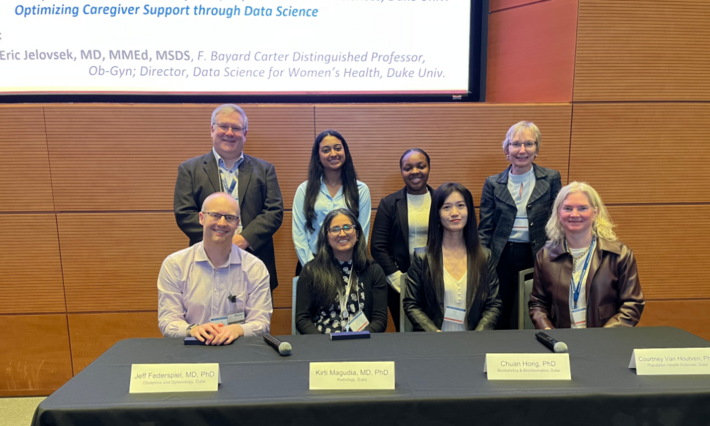
Beloved co-worker, mother, wife, daughter, friend, and patient-champion, Erin Duffy Wood, 57, has passed away after a 15-year battle with colon cancer.
She is survived by her parents, James and Carolyn, her husband Kelvin Thales Wood, Jr. (KT), son Bradley, brother Tim Duffy and his wife Colleen, and many other heartbroken family members and friends.
The Ohio-born longtime resident of Roxboro loved socializing with friends and relatives, her family said, and enjoyed playing video games and helping people in the colon cancer support group. She also made the best fried chicken around.
Erin's son Bradley thought she was "the best mom." He and his dad said she was "the smartest woman they knew." Erin's biggest goal, when she was diagnosed with cancer, had been to live to see Bradley's graduation from high school. She did. And then some. He turned 22 this July. She was one proud mama.
Erin earned an Associate of Arts and Sciences (AAS) degree in Computer Operations in 1985 from San Antonio College in Texas. She brought her IT talents to Duke in 1998 — working for MCIS (now DHTS) in the Department of Medicine and then at Duke Cancer Institute in Information Systems. She completed her career at DCI as a Senior IT Analyst.
"Erin was a valued member of the team, and her impact extended well beyond her desk job. She was a fearless advocate for our patients and a beacon of hope within our community. She built a family here," wrote Emily Norboge, MPSA, Clinical and Research Informatics Director at Duke Cancer Institute, in an announcement to faculty and staff last week.
Erin volunteered and fund-raised actively in the Duke community. She raised money for colorectal cancer research, led cancer support groups and provided one-on-one support for patients far and wide. In interviews with local media, she shared her personal cancer journey and raised awareness about the importance of colorectal cancer screening.
Many of her DCI coworkers recall how every year on the first Friday in March, Erin would encourage everyone she knew to wear blue for colorectal cancer awareness. And if you arrived to the group photo (for Facebook) without blue on she'd go grab something from her HUGE stash of blue — from t-shirts, to boas, scarves, beads, hats and funky headbands — and make you put it on.





